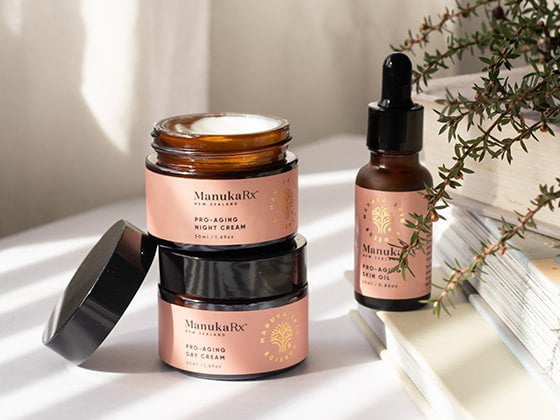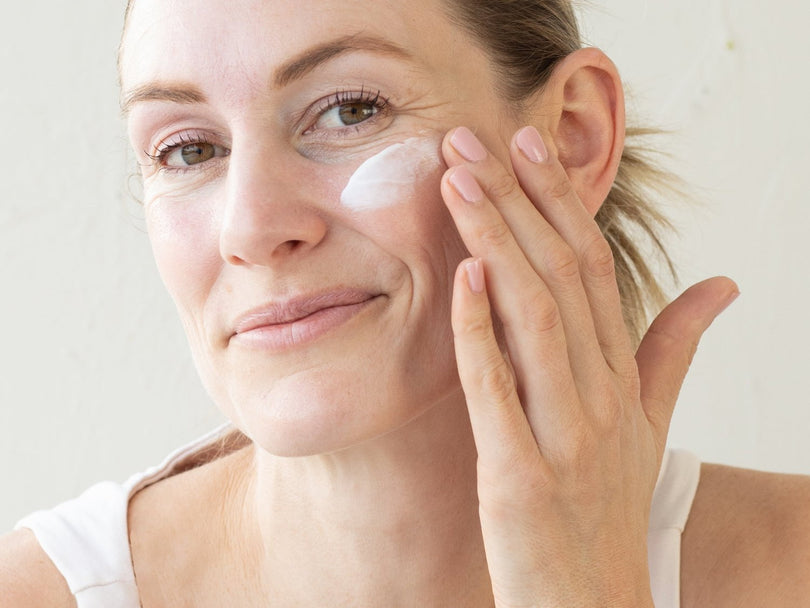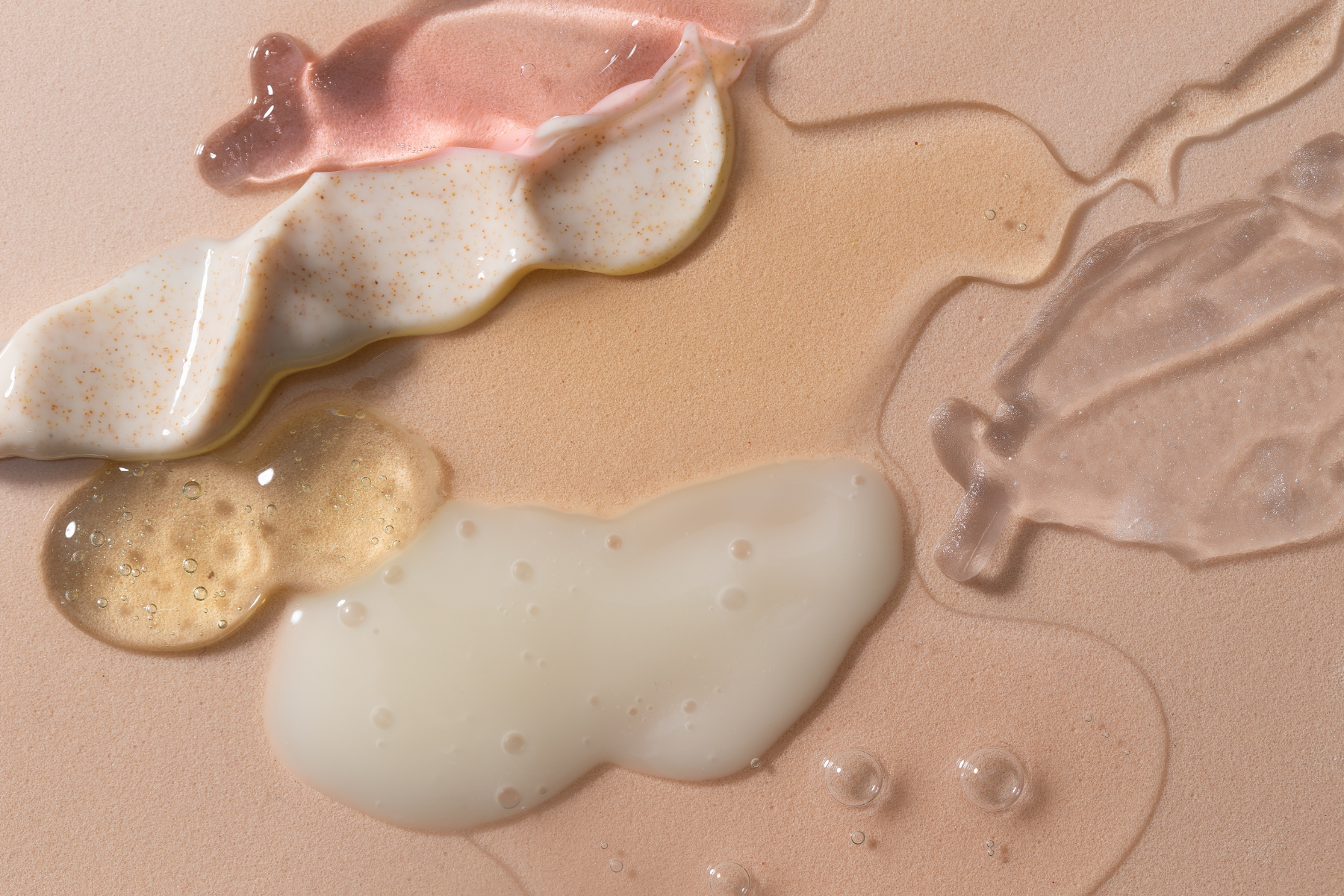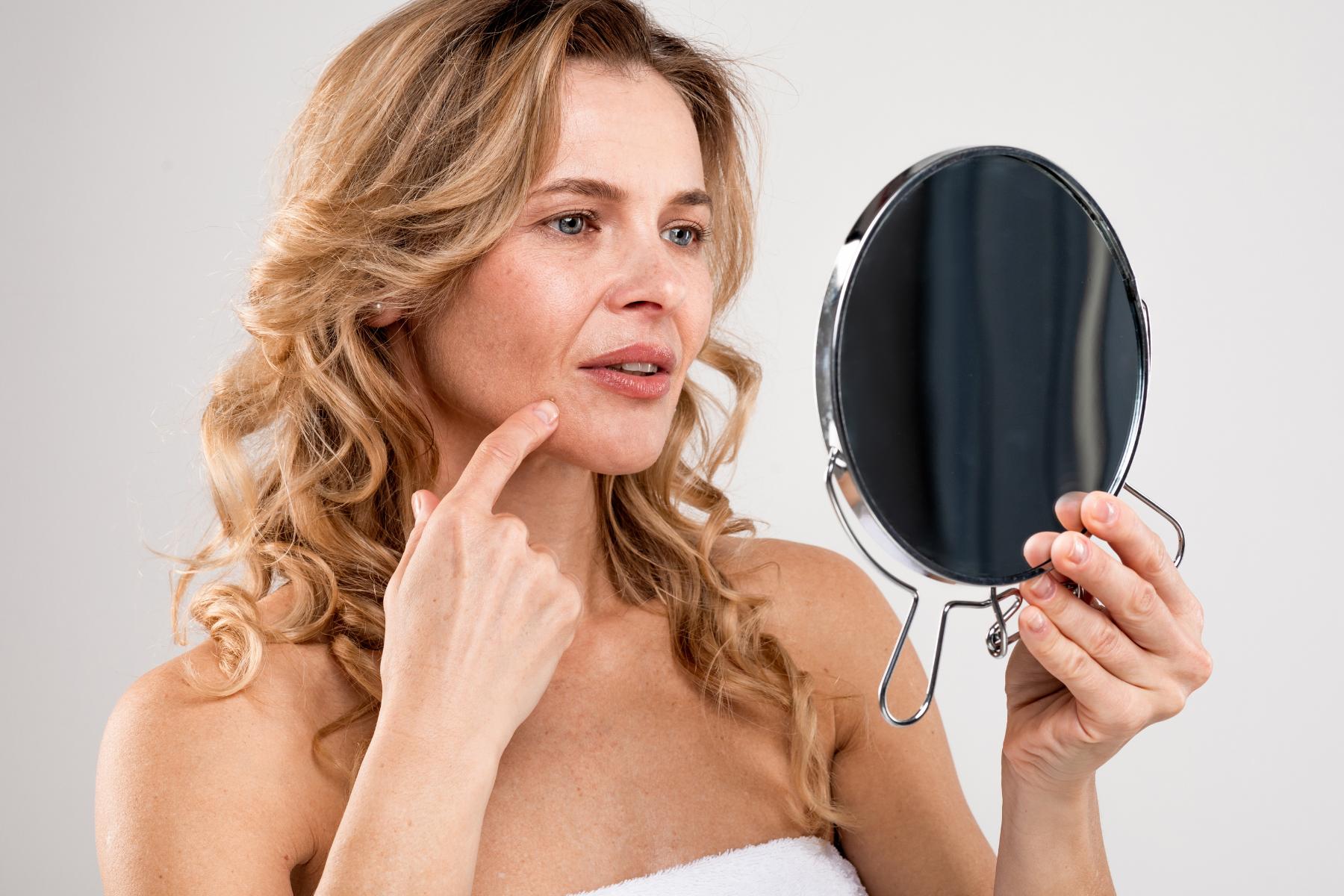Toner is an often-overlooked yet essential step in a well-rounded skincare routine, offering multiple benefits for almost any skin type. Whether you're dealing with specific skin concerns like reducing oiliness or seeking to improve your skin tone and texture, incorporating a facial toner into your daily skincare routine can make a significant difference.
What is Toner and What Does It Do?
Toner is a liquid skincare product applied after cleansing and before moisturising. Its primary purpose is to remove residual impurities, balance the skin's pH and prepare the skin for serums, moisturisers and other treatments. Unlike a cleanser, which washes away dirt and makeup, a toner works to rid the skin of any remaining traces of grime, dead skin cells and oil that may be left behind.
Benefits of Using a Toner
Balances the Skin's pH: The main difference between a well-formulated toner and other skincare products is its ability to restore the skin's natural pH balance after cleansing, which can be disrupted by harsh cleansers or tap water. This is crucial for maintaining healthy skin and preventing irritation, especially if your skin is sensitive.
Exfoliates and Refreshes:
Many facial toners contain gentle exfoliating ingredients like glycolic acid, lactic acid, or salicylic acid. These ingredients help to remove dead skin cells, improve skin texture and brighten the appearance of your skin. Regular use can help reduce the buildup of dead skin, making your skin look more radiant and smooth.

Hydrates and Prepares:
A good face toner often contains hydrating ingredients such as hyaluronic acid, which helps to keep the skin hydrated and plump. This hydration is essential for allowing the skin to absorb active ingredients. For those with oily skin, a toner can help reduce oiliness without stripping the skin of its natural moisture.
Minimises Pores and Reduces Oiliness:
For those with acne-prone skin or oily skin, toners with ingredients like witch hazel can help tighten pores, control excess oil production and reduce the likelihood of breakouts. This makes toner an excellent choice for targeting skin concerns related to acne and shine.
Soothes and Calms:
Toners formulated for sensitive or irritated skin often include soothing ingredients like aloe vera, vitamin E, and other antioxidants that help reduce redness, irritation and inflammation. This calming effect can be particularly beneficial after cleansing, leaving the skin feeling refreshed and balanced.
How to Apply Toner
Applying toner is simple and should be the second step in your skincare routine, right after cleansing. Here's a quick guide on how to use it effectively:
Cleanse Your Skin:
Start by washing your face with a gentle cleanser to remove dirt, oil and makeup.
Soak a Cotton Pad or Ball:
Pour a small amount of toner onto a cotton pad or cotton ball until it’s damp but not soaked.
Apply Toner to Your Face:
Gently swipe the cotton pad or ball across your face and neck, avoiding the eye area. Pay special attention to areas prone to oiliness or breakouts, such as the T-zone.
Let it Set:
Allow the toner to soak into your skin before applying any other products. This step is crucial for prepping your skin for the next steps in your routine.
Follow with Moisturiser and Serums:
Once the toner has been absorbed, continue applying serums, moisturisers and any other treatments as needed.

Choosing the Right Toner for Your Skin Type
Selecting a toner that suits your skin type is key to reaping its full benefits:
For Oily and Acne-Prone Skin: Look for toners with salicylic acid, witch hazel or glycolic acid to help reduce oiliness, minimise pores and prevent breakouts.
For Dry Skin: Opt for toners containing hydrating ingredients like hyaluronic acid or glycerin to help keep the skin moisturised and prevent dryness.
For Sensitive Skin: Choose alcohol-free toners with soothing ingredients like aloe vera or chamomile to avoid irritating your skin.
For Combination Skin: A balancing toner with a mix of hydrating and oil-controlling ingredients can help manage the different needs of your skin.
Why Toner is a Must-Have in Your Routine
Incorporating a toner into your skincare routine is a simple yet effective way to improve your skin's overall health and appearance. Whether you're dealing with oily skin, acne-prone skin, or sensitive skin, a toner can help balance your skin's pH, remove residual impurities and prepare your skin to absorb other products more effectively.
By selecting a toner tailored to your specific skin concerns and applying it regularly, you can enhance your daily skincare routine and enjoy healthier, more radiant skin.

Using toners in 2024 and beyond
Modern attitudes toward facial toners have evolved significantly over the years. Once considered a harsh, alcohol-heavy product primarily used to remove excess oil and dirt, toners are now seen as an essential, multi-functional step in many skincare routines. Here’s an overview of how the perception and use of toners have changed:
1. Gentler Formulations
In the past, toners were known for containing alcohol and astringents that could strip the skin of its natural oils, causing dryness and irritation. Modern toners are much gentler, often alcohol-free, and focus on hydration and soothing the skin rather than just oil control. They are now packed with nourishing ingredients like aloe vera, hyaluronic acid, and botanical extracts that help maintain the skin's moisture balance.
2. Hydration as a Key Function
Rather than just cleansing, today’s toners are often formulated to provide a hydrating and plumping effect. This aligns with the growing emphasis on maintaining a healthy skin barrier and moisture levels, which are crucial for achieving a radiant complexion.
3. pH Balancing
Modern toners are used to balance the skin’s pH level, especially after cleansing. Many cleansers can disrupt the skin's natural pH, so toners help restore the skin to its slightly acidic state, which supports overall skin health and helps products applied later absorb more effectively.

4. Targeted Ingredients for Specific Skin Concerns
Toners today can be tailored to all skin types and concerns. Whether you have acne-prone, dry, or sensitive skin, there is likely a toner with targeted ingredients that can benefit your skin type. For instance:
Exfoliating toners with AHAs (alpha hydroxy acids) or BHAs (beta hydroxy acids) are used to gently remove dead skin cells and improve skin texture.
Soothing toners with ingredients like rosewater or green tea are perfect for calming sensitive skin.
Clarifying toners with salicylic acid or niacinamide help control oil and prevent breakouts for acne-prone skin.
5. Layering for Hydration (7-Skin Method)
In recent years, especially with the influence of Korean skincare, a trend called the 7-Skin Method has gained popularity. This involves layering toner up to seven times to deeply hydrate the skin. This technique reflects a shift in toners being viewed as a hydrating essence rather than just a post-cleanser.
Toners with Manuka Oil
To start reaping the benefits of toner, check out our gentle hydrating mist toner.






